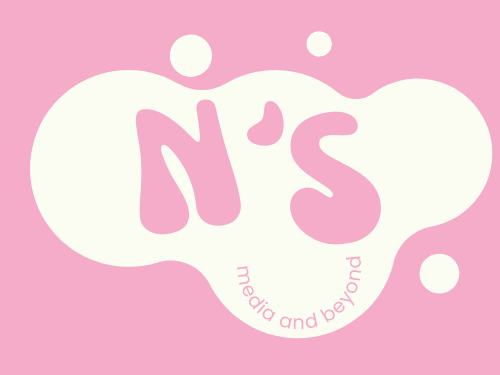One of the things we rarely consider is how much time we actually spend scrolling through social media. From the minute we wake up to the moment we fall asleep, we frequently fall into the trap of doom scrolling – a topic Emma Chamberlain frequently mentions on her podcast. She has spent a lot of time attempting to escape this pattern.
But, have we ever actually tried to hold ourselves accountable for it? If the answer is not – I’ll do it in this post.
Today, I documented and reflected on the ‘labour’ involved in my social media usage, as well as how platforms benefit from it. Are we actually getting rewarded for this ‘work’?

Sadly, even platforms like Spotify trick us into doing free labour (even though I already pay for the subscription) and create this commodification pattern almost everywhere nowadays. I had a lovely time listening to Madeline Argy’s moving to LA journey while making breakfast, though.
After this, I took a moment to scroll on TikTok. I used to spend hours (!!!) on this app. Once you start scrolling, it’s difficult to stop, especially after a long day. Videos are short and entertaining, and the algorithm always perfectly chooses what to put on my ‘for you page’ to keep me invested.
The amount of user-generated content on TikTok is incredible, too. So many partnerships and hidden promotions, it’s hard to keep up with them. I feel constantly tricked into thinking someone’s genuinely recommending a product to me until I notice the word ‘sponsored’ at the bottom of the video. Brands don’t even have to use traditional forms of advertisements anymore since TikTok users do it for them. Also, have you heard of TikTok shop? Probably, because their ads are tied to almost all the videos on the platform now. It’s all impossible to escape.
I then moved onto Instagram and browsed through posts from magazines, brands, and my favourite celebrities. Even if I don’t often explicitly interact with them, the platform uses data such as which posts I engage with the most, to build its algorithm, which then displays more content that it believes I’ll find interesting (I usually do).
I’ve observed that Instagram ads are tailored to my preferences. I opened a link that was advertised to me in between my friends’ Instagram stories once – it was a Vogue subscription deal for only £1. I obviously had to subscribe to it. After that, I noticed a lot of similar ads appearing on my Instagram page.






And lastly, Facebook’s Messenger. It’s an app I use to keep in touch with my family and friends from home. It is surprisingly also a form of digital labour. With each conversation, Facebook gathers more information about me. One of my friends is already trying to avoid it due to its tracking and data collection. And if you don’t care about that – I think it steals more of our time than needed, creating an environment of the ‘need’ of sending your friends every screenshot or a selfie all the time.
After today, I noticed a huge and constant pressure of connectivity online. Each and every social media we use is designed to keep us online taking an outstanding amount of time from our everyday lives. Is this something we’re aware of on a daily basis? I think it’s too normalised for us to realise how much we actually pay for our online presence.
Anya Mayerowitz in Glamour’s article pays attention to the risk of ‘becoming irrelevant’. I think it is a great example of today’s world and social media usage. The creation of this social media ecosystem and the need for constant usage and connection is becoming increasingly invasive and the digital work we, as the users, do is something we should pay more attention to.
Is it worth the hassle? Are those platforms really ‘free’? What do you think about it? Leave a comment down below! 😛
